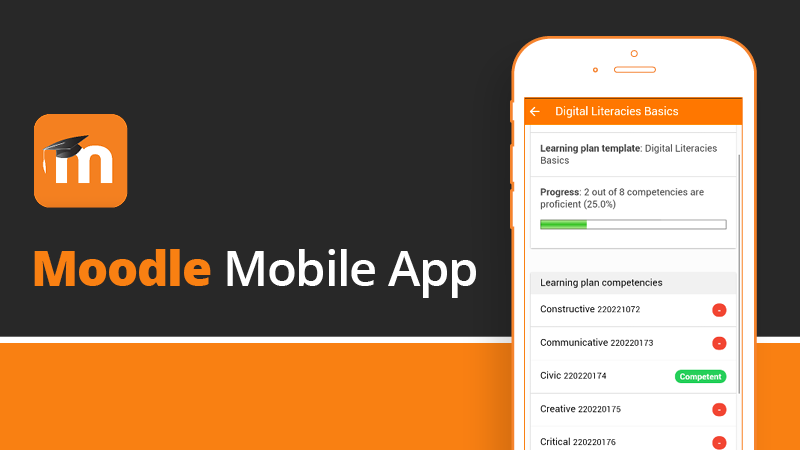Skip available courses
Available courses

Welcome to "Academic Categories: Exploring the Foundations of Human Knowledge"
Why are these categories important?
What can you expect to learn?
- The Humanities: literature, history, philosophy, and the arts
- Social Science: psychology, sociology, anthropology, and economics
- Natural Science: biology, chemistry, physics, and earth sciences
- Formal Science: mathematics, logic, and theoretical frameworks
- Applied Science: biotechnology, environmental science, materials science, and engineering
Why is this course relevant?
- Develop a deeper understanding of your students' needs and interests
- Create more effective teaching strategies that integrate multiple categories
- Stay up-to-date with emerging trends and technologies in each field
- Teacher: Region XII Admin XII

Practice exam
for
the ordination of ministers.
- Teacher: Region XII Admin XII

This course is designed to provide you with a overview of the Alaska State Dioceses.
Understand the history and structure of the Alaska State Dioceses, its leadership, churches, districts and other ministries within the dioceses. Learn about the different programs and initiatives run by the them.
- Teacher: Region XII Admin XII

This course is designed to provide you with a overview of the Arizona State Dioceses.
Understand the history and structure of the Arizona State Dioceses, its leadership, churches, districts and other ministries within the dioceses. Learn about the different programs and initiatives run by the them.
- Teacher: Region XII Admin XII

This course is designed to provide you with a overview of the California Northern Dioceses.
Understand the history and structure of the California Northern Dioceses, its leadership, churches, districts and other ministries within the dioceses. Learn about the different programs and initiatives run by the them.
- Teacher: Region XII Admin XII

This course is designed to provide you with a overview of the Carribbean Dioceses.
Understand the history and structure of the Carribbean Dioceses, its leadership, churches, districts and other ministries within the dioceses. Learn about the different programs and initiatives run by the them.
- Teacher: Region XII Admin XII

This course is designed to provide you with a overview of the Caracas/Grenada Dioceses.
Understand the history and structure of the Caracas/Grenada Dioceses, its leadership, churches, districts and other ministries within the dioceses. Learn about the different programs and initiatives run by the them.
- Teacher: Region XII Admin XII

This course is designed to provide you with a overview of the California Southern Dioceses.
Understand the history and structure of the California Southern Dioceses, its leadership, churches, districts and other ministries within the dioceses. Learn about the different programs and initiatives run by the them.
- Teacher: Region XII Admin XII

This course is designed to provide you with a overview of the Colorado State Dioceses.
Understand the history and structure of the Colorado State Dioceses, its leadership, churches, districts and other ministries within the dioceses. Learn about the different programs and initiatives run by the them.
- Teacher: Region XII Admin XII

This course is designed to provide you with a overview of the Massachusetts Lawsonian State Dioceses.
Understand the history and structure of the Massachusetts Lawsonian State Dioceses, its leadership, churches, districts and other ministries within the dioceses. Learn about the different programs and initiatives run by the them.
- Teacher: Region XII Admin XII

This course is designed to provide you with a overview of the Oregon State Dioceses.
Understand the history and structure of the Oregon State Dioceses, its leadership, churches, districts and other ministries within the dioceses. Learn about the different programs and initiatives run by the them.
- Teacher: Region XII Admin XII

This course is designed to provide you with a overview of the Washington State Dioceses.
Understand the history and structure of the Washington State Dioceses, its leadership, churches, districts and other ministries within the dioceses. Learn about the different programs and initiatives run by the them.
- Teacher: Region XII Admin XII

This course is designed to help church administrators to develop their skills and knowledge in their role as a church administrator. It is a comprehensive course that covers all aspects of being a church administrator, from understanding your role and responsibilities to developing your skills in church operations, finances, and communication.
- Teacher: Region XII Admin XII

- Teacher: Region XII Admin XII

- Teacher: Region XII Admin XII

- Teacher: Region XII Admin XII

This course is designed to help newcomers to the church to develop their skills and knowledge in their role as a member of the church. It is a comprehensive course that covers all aspects of being a member of the church, from understanding your role and responsibilities to developing your skills in worship and prayer. The course is suitable for both new and experienced members, and is designed to be flexible so that members can work at their own pace.
- Teacher: Region XII Admin XII

- Teacher: Region XII Admin XII

- Teacher: Region XII Admin XII

- Teacher: Region XII Admin XII

- Teacher: Region XII Admin XII

- Teacher: Region XII Admin XII

- Teacher: Region XII Admin XII

This course is designed to provide you with an overview of the history of the church of our Lord Jesus Christ.
Understand the history of the church of our Lord Jesus Christ and learn about it's organizational structure, the different offices, churches, districts and other ministries within the body.
The course is divided into several modules, each covering a different aspect of the history of the church of our Lord Jesus Christ.
- Teacher: Region XII Admin XII

- Teacher: Region XII Admin XII

- Teacher: Region XII Admin XII

- Teacher: Region XII Admin XII

- Teacher: Region XII Admin XII

- Teacher: Region XII Admin XII

- Teacher: Region XII Admin XII

- Teacher: Region XII Admin XII

- Teacher: Region XII Admin XII

- Teacher: Region XII Admin XII

- Teacher: Region XII Admin XII

- Teacher: Region XII Admin XII